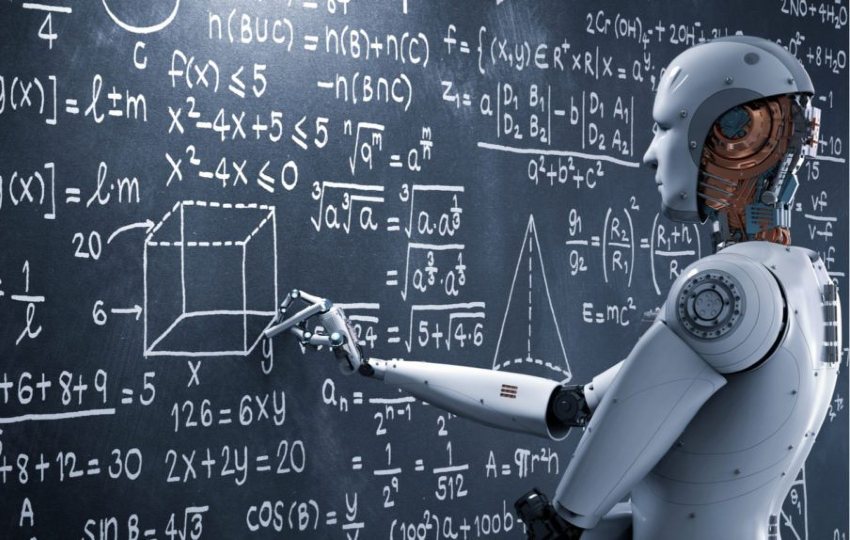The Role of Artificial Intelligence in Education
Enhancing Personalized Learning
One of the most significant contributions of AI to education is its ability to personalize learning experiences for students. By analyzing vast amounts of data on student performance, preferences, and learning styles, AI algorithms can tailor instruction to meet the individual needs of each student. Whether through adaptive learning platforms, intelligent tutoring systems, or personalized learning pathways, AI enables educators to deliver targeted interventions and support that maximize student engagement and success.
Enabling Intelligent Assessment
AI-powered assessment tools are revolutionizing the way educators evaluate student learning and progress. By automating tasks such as grading, feedback provision, and performance analysis, AI frees up valuable time for teachers to focus on personalized instruction and student support. Additionally, AI algorithms can provide insights into student learning patterns, identify areas for improvement, and inform instructional decision-making, ultimately leading to more effective teaching and learning outcomes.
Facilitating Data-Driven Decision-Making
Data analytics and predictive modeling are empowering educators to make informed decisions about curriculum design, instructional strategies, and resource allocation. By analyzing student data in real-time, AI algorithms can identify trends, patterns, and correlations that inform pedagogical practices and help educators optimize learning experiences. From identifying at-risk students to predicting future learning needs, AI-driven data analytics are revolutionizing the way educators approach teaching and learning.
Fostering Innovation and Creativity
AI tools and technologies are unlocking new possibilities for innovation and creativity in education. From virtual reality simulations and augmented reality experiences to interactive chatbots and intelligent tutoring systems, AI-driven technologies offer immersive, engaging learning experiences that captivate students' attention and foster creativity. By leveraging AI to create dynamic, interactive learning environments, educators can inspire curiosity, exploration, and discovery in their students.
Addressing Equity and Access
AI has the potential to address equity and access issues in education by providing personalized support and resources to students from diverse backgrounds and abilities. Through adaptive learning platforms, language translation tools, and assistive technologies, AI ensures that every student has access to high-quality educational experiences, regardless of geographic location, socioeconomic status, or learning differences. By democratizing access to education, AI is helping to close the opportunity gap and promote educational equity for all.
Conclusion: Embracing the Future of Education
As we embrace the transformative potential of Artificial Intelligence in education, we must also recognize the importance of ethical considerations, privacy protection, and responsible use of AI technologies. By harnessing the power of AI to personalize learning, enable intelligent assessment, facilitate data-driven decision-making, foster innovation and creativity, and promote equity and access, we can create a future where every student has the opportunity to learn, grow, and succeed. Together, let's harness the potential of AI to revolutionize education and shape a brighter future for generations to come.

Comments
Post a Comment